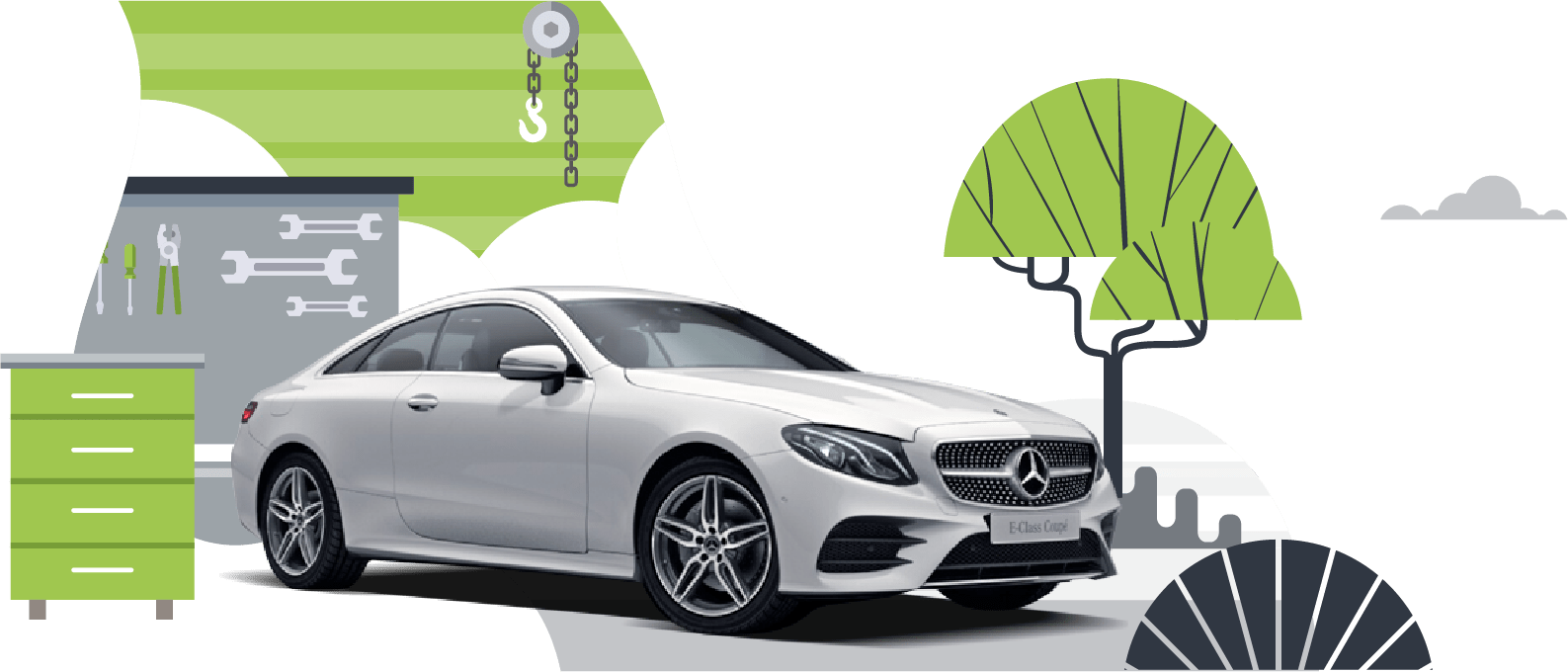Does car warranty cover servicing?
Repair costs covered by your warranty
A car warranty will provide cover for a wide range of parts. These agreements, which are effectively a type of insurance, will pay for the cost of parts and labour after an electrical or mechanical failure of a covered part. Covered parts can vary, but they typically include the engine, gearbox, suspension, ABS braking system, fuel and ignition systems, steering, clutch, cooling system and electrics.
Check the details of warranties carefully before you sign up to them to make sure you know exactly what they include.
No limit repairs
With our car warranty, there are no limits put on the quantity of repairs you can make to your car. You are fully covered for repairs for an amount up to the retail value of your car at the time you take out the warranty.
No contribution required
Unless it’s your wish from the outset to make a voluntary contribution towards the cost of repairs (in which case your price will be reduced), you will not be asked to do so when the cost of your repairs is assessed.
Extra assistance
If a car service identifies that your vehicle needs repairs making to it, and this means you won’t have access to your vehicle for a period of time, we will assist you with car hire worth up to £50 a day for a total of 10 days.
Servicing and MOTs
Many people confuse servicing and MOTs. While an MOT is an inspection for technical safety, servicing examines the wear and tear of your car and will replace fluids or parts when necessary.
Recommended regular servicing
Car manufacturers recommend that you service your vehicle at least once a year or every 12,000 miles (whichever happens first), but the RAC suggests regular maintenance checks and an interim six-monthly check can also be helpful in keeping your car in good working order.
Some vehicles benefit from self-diagnostic features that alert drivers when a service is due. If such warnings are given before a year has passed, they shouldn’t be ignored.
Reasons for servicing your vehicle
For regular maintenance, servicing is a wise choice. Core components of your car will be checked, allowing you to be sure everything is running correctly. If fluids or parts need replacing, this will be identified. Crucial parts like brakes and suspension will typically be checked to ensure your safety.
Parts deteriorate gradually over time, so high mileage cars should always keep up with their services. These check-ups can identify problems before they get worse, giving you time to fix them when it’s more convenient.
Regular servicing maintains your vehicle’s value. If you choose to sell your car on, a detailed service history will enhance its appeal to buyers and help you command a greater price.
Servicing can also save you money. For example, oil that is refreshed and air filters that are regularly changed will enable your engine to run more fuel-efficiently.
Further information and advice
If you have any concerns or queries about what is covered by our warranty, don’t hesitate to get in touch or arrange a call back with our specialist team of experts in car cover.


